What Do Local Health Codes NOT Cover?
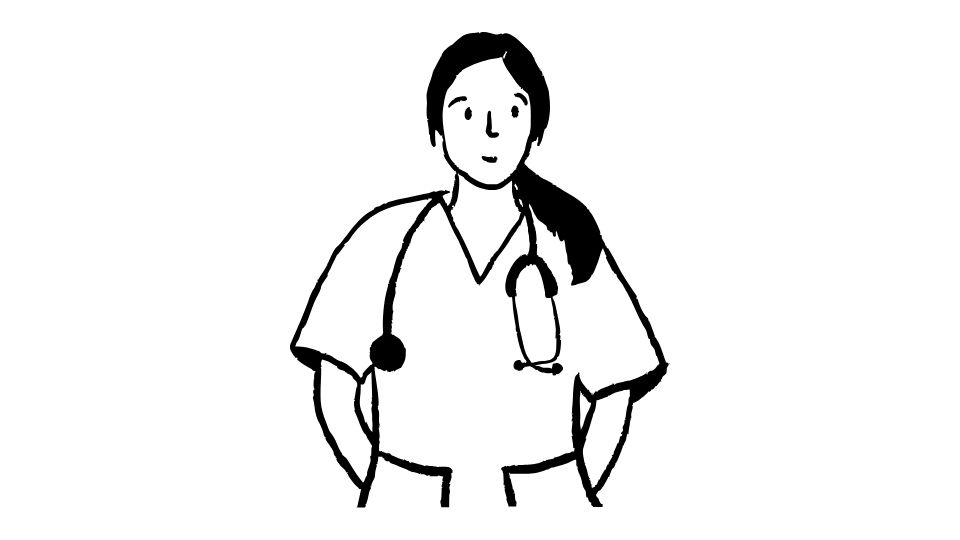
Let me break down what local health codes actually cover (and what they definitely don’t)
What Local Health Codes Cover (And What They Don’t)
Ever walk into a restaurant and notice those health inspection grade cards? They’re the result of local health codes – but these regulations aren’t as all-encompassing as you might think.
Local health departments are laser-focused on keeping you from getting sick, not regulating every aspect of a business. Let’s clear up what these codes actually do (and don’t) control.
The Stuff Health Codes Actually Regulate
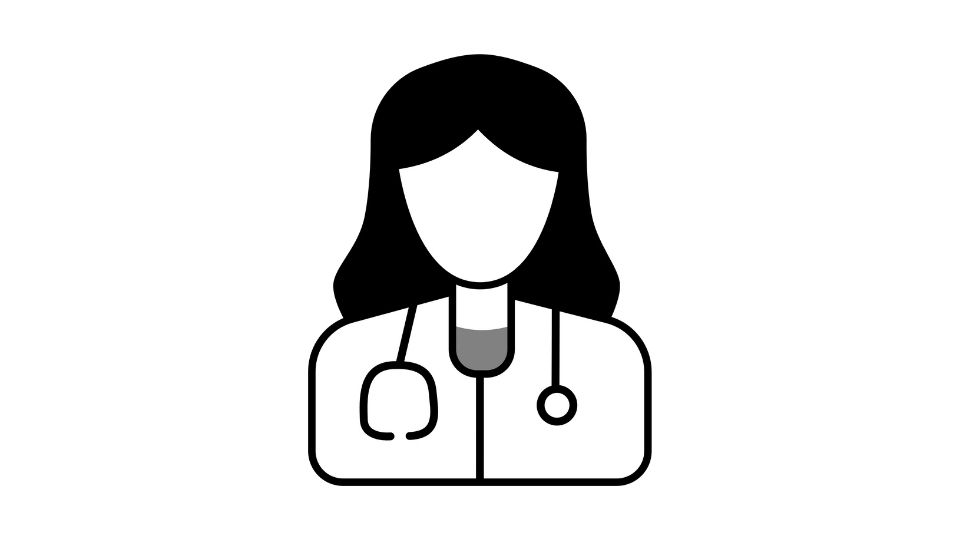
Food Safety (AKA Don’t Poison People)
Health codes are obsessed with food temperature control, preventing cross-contamination, and keeping everything sanitary. They specify exactly how hot hot foods should be and how cold cold foods should be to prevent bacteria growth.
For example, potentially hazardous foods need to be kept below 41°F or above 135°F – that middle zone is basically bacteria paradise.
They also regulate approved cleaning agents and sanitizers. Can’t just wipe counters with whatever’s under your sink!
The Building Itself (But Only Health-Related Parts)
Think handwashing sinks, bathroom facilities, ventilation, and pest control.
Health codes require things like:
- Adequate handwashing facilities with soap, hot water, and paper towels
- Proper ventilation to remove cooking odors, steam, and grease
- Lighting bright enough that employees can see if food is clean
- Plumbing that works properly (because nobody wants sewage near food)
Employee Hygiene and Health
Health codes get pretty personal here:
- Requirements for handwashing (frequency, method)
- Rules about hair restraints and clean clothing
- Policies for when employees are sick (spoiler: stay home if you’re contagious!)
- No bare-hand contact with ready-to-eat foods
Pest Control
Nobody wants to see a mouse run across a restaurant floor! Health codes require:
- Building maintenance to keep pests out
- Professional pest control services
- Procedures for handling any pest problems
Food service establishments must have proper pest management plans that specify everything from prevention to elimination.
What Health Codes DON’T Cover (This Might Surprise You)
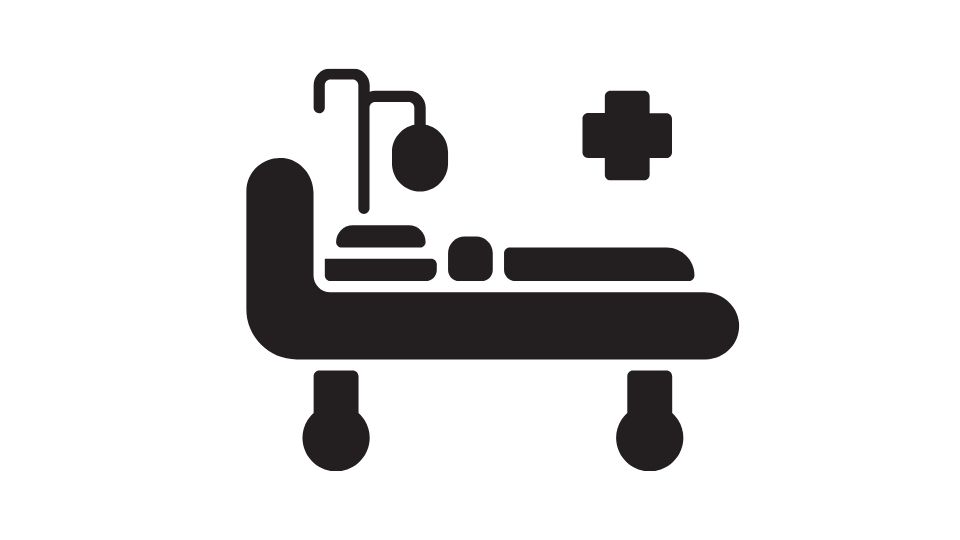
They DO NOT Regulate Zoning or Land Use
Want to open a restaurant? Great! The health department doesn’t care if it’s in a commercial zone or not – that’s the planning department’s problem. Health inspectors focus on what’s happening inside your establishment, not whether you should be there in the first place.
They DO NOT Cover Employment Law
Health codes have nothing to say about:
- Minimum wage
- Overtime pay
- Anti-discrimination laws
- Hiring/firing practices
- Workers’ compensation
Just because your restaurant passes a health inspection with flying colors doesn’t mean you’re following labor laws correctly.
They DO NOT Handle Building Construction (Mostly)
While there’s some overlap with plumbing and ventilation, health codes don’t cover:
- Structural integrity
- Fire safety (that’s the fire marshal’s job!)
- Electrical code compliance
- ADA accessibility requirements
The International Building Code handles most construction standards, not health codes.
They DO NOT Control Business Taxes or Licensing
Health permits? Yes.
Business licenses, tax registration, sales tax collection? Nope.
These are handled by completely different departments.
They DO NOT Regulate Menu Pricing or Marketing Claims
Health departments don’t care if your “$5 special” actually costs $7 or if your “world’s best coffee” is just instant powder. They care if the coffee pot is clean and the cream isn’t expired.
The Federal Trade Commission handles deceptive advertising, not your local health department.
Why This Matters
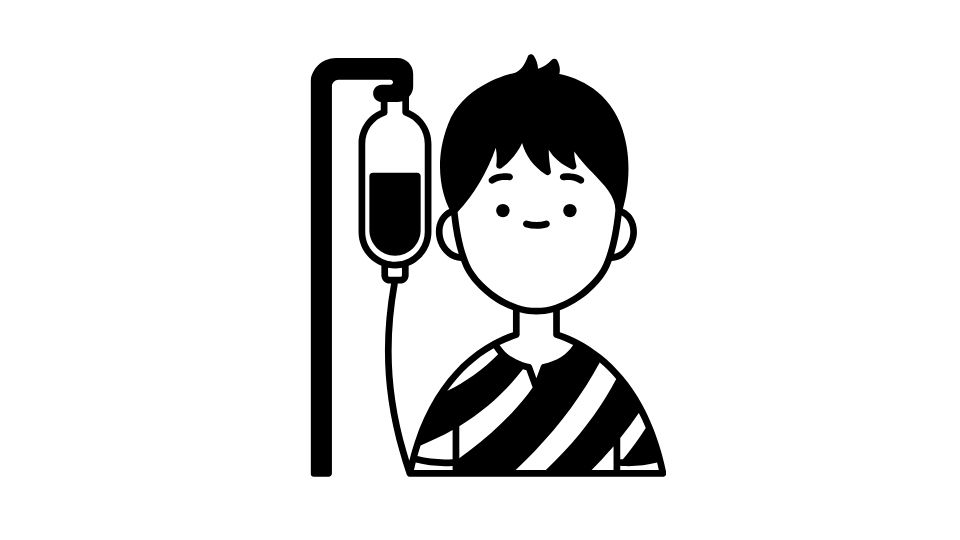
Understanding what health codes do and don’t cover helps you:
- Focus your compliance efforts on the right things
- Avoid thinking you’re legally covered when you’re not
- Know which department to contact for different issues
If you run a food business, you need to juggle multiple regulatory requirements. Health code compliance is just one piece of the puzzle.
Remember: passing your health inspection is essential, but it’s just the starting point for running a legally compliant food business. You still need to make sure you’re following all those other regulations too!

